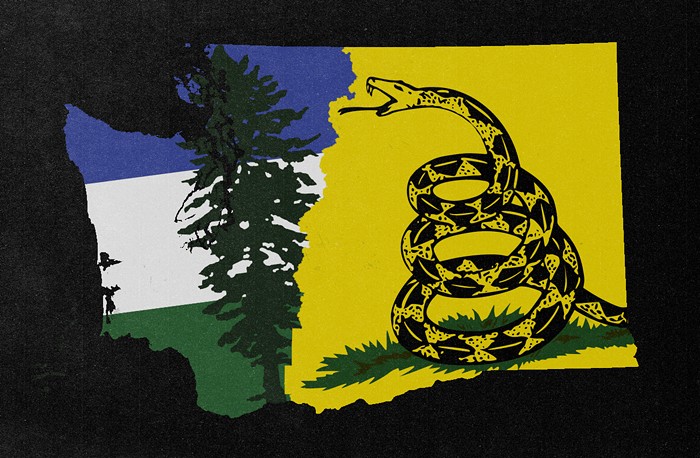
Rep. Jerry Nadler, chairman of the House Judiciary Committee, finally came out and said it.
When a CNN reporter expressed some confusion about whether his committee is "formally" initiating an impeachment inquiry, Nadler said, "This is formal impeachment proceedings...We will, at the conclusion of this, hopefully by the end of the year, vote Articles of impeachment to the House floor. Or we won't."
Rep. Jerry Nadler: "This is formal impeachment proceedings." pic.twitter.com/x821XaaBMd
— The Hill (@thehill) August 9, 2019
While Nadler's slight rhetorical shift on the issue is somewhat new, the inquiry itself is not.
The committee "formally" began impeachment hearings two weeks ago, when members asked a federal court to unseal grand jury documents in the Mueller report. "In that filing, we have made clear that we will utilize our Article I powers to obtain the additional underlying evidence, as well as enforce subpoenas for key witness testimony, and broaden our investigations to include conflicts of interest and financial misconduct," wrote four of the committee's members.
Last week, during a press conference at her Seattle office, Rep. Pramila Jayapal repeated the point after admitting that the public didn't seem to have understood the message: "We have launched impeachment proceedings," she said, adding that House Speaker Nancy Pelosi gave her blessing for the inquiry to begin.
That's it. That was the big moment. Congress inherently has the right to launch impeachment proceedings whenever they want (they don't need to hold a vote or pass a resolution first), and so two weeks ago they decided to start. They're going after Trump for potential violations of the emoluments clause, his other financial entanglements, and obstruction. But because they didn't say all that on cable TV, I guess it just didn't really resonate.
That said, this kind of "formal" language coming from the committee chair—rather than from other members on the committee—does make the inquiry seem more serious. Plus, I could see people thinking of "formal impeachment proceedings" as the moment when the Judiciary Committee is literally voting on whether or not to adopt certain Articles of impeachment, not a series of court petitions and hearings held to create those Articles in the first place. So when Democratic members say, "We're doing impeachment proceedings now!!" and then that's not followed by wall-to-wall coverage of Jayapal in a room pointing to a picture of Trump and saying "J'accuse!" I could see how people might get a little confused.
Luckily for those people, Jayapal will be hosting an "Impeachment Teach-In" on Sept. 7 at Benaroya Hall from 2 to 4 p.m. along with Rep. Jamie Raskin. The two reps will answer all burning impeachment questions.

In the meantime, here's an update on the "formal impeachment proceedings."
Two weeks ago the House Judiciary Committee asked for the underlying documents from the Mueller report, and then on Wednesday they asked the court to force former White House counsel Don McGahn to testify, according to the Washington Post. The committee also plans to call former communications director Hope Hicks (whom Jayapal said may have lied to the committee under oath during her last visit), former White House deputy counsel Annie Donaldson, all of whom will be crucial to their obstruction case.
So far, McGahn's lawyers are saying he can't testify because Trump blocked him from doing so. This response brings up another frustrating thing about this process: since William Barr is the Attorney General, the Department of Justice will fight all these subpoenas the whole way, which will draw out the "proceedings," which are supposed to be expedited now that the inquiry is going ahead with a capital I.
Anyhow, over half (120, by CNN's count) of the Democrats in the House have come out in support of impeachment, and more will probably come out as the investigation continues. Last week every member of Washington's Congressional Delegation joined team ITMFA, except of course, for Sen. Maria Cantwell.















